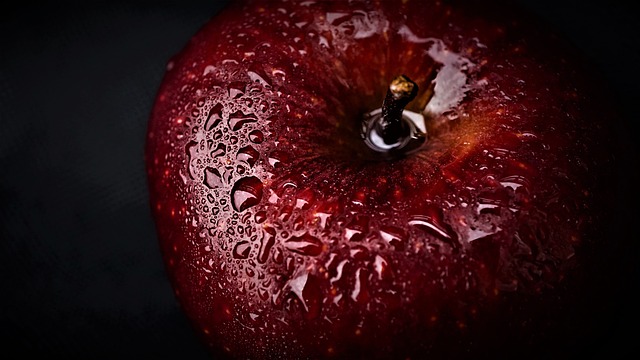Healthy Habits: Incorporating Probiotics into Your Daily Routine
Probiotics are live microorganisms that can provide health benefits when consumed in the right amounts. They are often called “good” bacteria because of their ability to improve digestion and boost the immune system. Incorporating probiotics into your daily routine is a great way to maintain a healthy gut and overall well-being.
What are Probiotics?
Probiotics are live bacteria and yeasts that are good for your health, especially your digestive system. They are similar to the “good” bacteria that naturally occur in your gut. Probiotics can be found in various foods and supplements such as yogurt, kefir, sauerkraut, kimchi, pickles, miso, tempeh, and probiotic capsules.
Types of Probiotics
There are many different strains of probiotics, each with its unique health benefits. The most common strains of probiotics are lactobacillus and bifidobacterium. Lactobacillus is found in yogurt and other fermented foods and can help improve digestion and boost the immune system. Bifidobacterium is found in the large intestine and helps maintain gut health and prevent certain allergies and infections.
Benefits of Probiotics
Probiotics can provide a range of health benefits when consumed in adequate amounts. Some of the most common benefits of probiotics include:
- Improving digestion and preventing diarrhea or constipation
- Boosting the immune system
- Reducing inflammation and allergies
- Preventing and treating urinary tract infections and yeast infections
- Preventing and managing eczema in children
How to Incorporate Probiotics into Your Daily Routine
There are many ways to incorporate probiotics into your daily routine. The following are some great ways to consume probiotics naturally:
- Yogurt – Yogurt is a good source of lactobacillus, a common strain of probiotics. Look for yogurt that has active or live cultures, which indicates that it contains probiotics.
- Kefir – Kefir is a fermented milk drink that is rich in probiotics and may be easier to digest than milk or yogurt. It is also a good source of calcium and protein.
- Sauerkraut – Sauerkraut is a type of fermented cabbage that contains healthy probiotics, as well as provides vitamins and antioxidants.
- Miso – Miso is a traditional Japanese seasoning made by fermenting soybeans with a fungus called koji. It is a good source of probiotics and adds a savory flavor to dishes.
In addition to natural sources, probiotics can also be consumed in supplement form as capsules or tablets. When choosing a probiotic supplement, look for one that contains at least one billion colony-forming units (CFUs) per serving and includes the strains of bacteria that you need. Consult your doctor or a health professional before taking any supplements.
Precautions
Although probiotics are generally considered safe for most people, there are some precautions that you should take. Some people may experience bloating, gas, or an upset stomach when first consuming probiotics. If you experience any adverse effects, stop taking probiotics and consult a doctor. Probiotics may not be suitable for people with certain health conditions, such as weakened immune systems or cancer. Always consult with your doctor before adding any supplements to your daily routine.
Conclusion
Incorporating probiotics into your daily routine is a simple and effective way to maintain good gut health and boost your overall well-being. Whether you choose to consume probiotics naturally, through food sources or supplements, it is essential to take necessary precautions and consult with a healthcare professional before adding anything to your diet.







